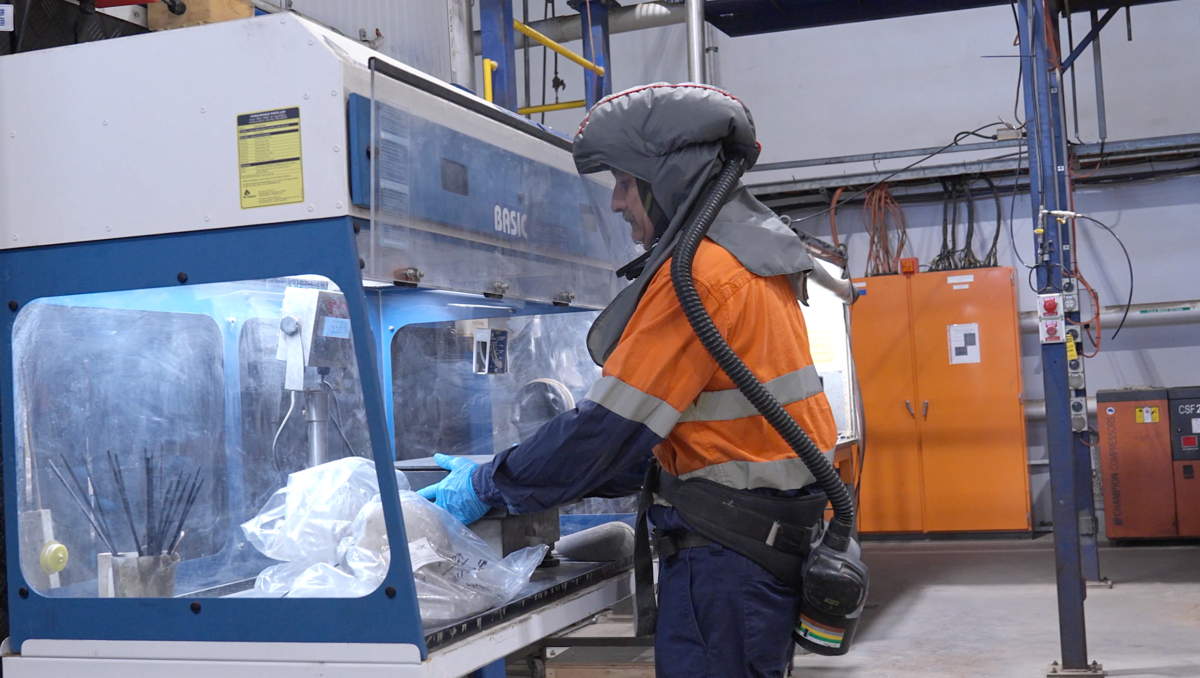Perth-headquartered advanced materials technology company Lithium Australia has signed an exclusive agreement with China-headquartered BYD Auto Industry Company to provide battery recycling services.
BYD Auto is a subsidiary of major Chinese electric vehicle (EV) manufacturer BYD Company, which sold three million EVs and plug-in hybrids (PHEVs) in 2023 and since 2022, holds 14% of the Australian EV market.
Lithium Australia expects to increase large-format lithium-ion (Li-ion) battery collection volumes over the initial three-year deal, given the scale of BYD’s manufacturing volumes.
Lithium Australia Chief Executive Officer and Managing Director Simon Linge said the agreement further accelerates the company’s shift in battery collections mix to be primarily focused on the higher margin large-format lithium ion batteries.
“The signing of this milestone agreement, alongside the various other exclusive recycling agreements announced in recent times is evidence of our successful execution of the company’s recycling growth strategy,” Linge said.
“We look forward to working alongside BYD and look to leverage this momentum to drive further collections growth in FY25.”
BYD Auto Industry Company Asia Pacific Automotive Sales Division General Manager Liu Xueliang said BYD’s strategic partnership with Lithium Australia is a testament to BYD’s commitment to reducing carbon emissions for a greener future.
Lithium Australia says its focus remains on securing further recycling agreements with leading EV and energy storage system (ESS) manufacturers to secure the future lithium-ion battery supply through an integrated, circular economy.
Lithium Australia’s battery recycling is done through a subsidiary, Envirostream, which produces critical battery material lithium ferro phosphate (LFP) with its patented lithium extraction technology.
Envirostream’s battery recycling technology uses a combination of mechanical and hydraulic separation techniques to recover around 95% of the materials that make up a battery, without the need for incineration.
This content is protected by copyright and may not be reused. If you want to cooperate with us and would like to reuse some of our content, please contact: editors@pv-magazine.com.








By submitting this form you agree to pv magazine using your data for the purposes of publishing your comment.
Your personal data will only be disclosed or otherwise transmitted to third parties for the purposes of spam filtering or if this is necessary for technical maintenance of the website. Any other transfer to third parties will not take place unless this is justified on the basis of applicable data protection regulations or if pv magazine is legally obliged to do so.
You may revoke this consent at any time with effect for the future, in which case your personal data will be deleted immediately. Otherwise, your data will be deleted if pv magazine has processed your request or the purpose of data storage is fulfilled.
Further information on data privacy can be found in our Data Protection Policy.